
Ayurveda in Autumn: How to Balance the Doshas for Ideal Well-Being
Autumn is a season of transformation that affects not only nature but also our body and mind. In Ayurveda, an ancient healing system originating from India, it is understood that each season brings unique characteristics that influence our health. In this article, we will explore how autumn impacts the doshas — Vata, Pitta, and Kapha — and how we can balance them to promote a state of well-being and vitality.
What is Ayurveda?
Ayurveda is a holistic approach that aims for balance between body, mind, and spirit. This ancient system is based on the idea that each person has a unique combination of three doshas — Vata, Pitta, and Kapha — which regulate bodily functions and influence our personality. Understanding our individual constitution and seasonal influences is essential for maintaining health and well-being.
Dosha Test
To better understand your Ayurvedic constitution and how seasonal influences affect your balance, you can take a test that identifies your predominant dosha — Vata, Pitta, or Kapha. This knowledge helps to personalize your self-care routines, diet, and daily practices according to your specific needs, promoting a more balanced and healthy life.
Discover your dosha and adjust your lifestyle to maintain balance and well-being naturally.
The Three Doshas
Vata (Air and Ether): Associated with creativity, movement, and communication, Vata can manifest as anxiety, dryness, and instability when out of balance. In autumn, the predominance of Vata can intensify these symptoms.

Pitta (Fire and Water): Associated with digestion, metabolism, and transformation, Pitta brings clarity and energy. However, the residual heat from summer can exacerbate Pitta, leading to irritations, inflammation, and excess heat in the body.

Kapha (Water and Earth): This dosha is responsible for stability, resilience, and structure. During autumn, an increase in Kapha characteristics may lead to lethargy, weight gain, and congestion.

How Autumn Impacts the Doshas?
The transition into autumn brings significant environmental changes. Temperatures drop, and the air becomes drier, which enhances the qualities of Vata. As a result, it's essential to adjust daily habits and dietary choices to maintain balance among the doshas. This adjustment helps mitigate the effects of dryness and instability associated with the Vata dosha during this season.

Symptoms of Dosha Imbalance
-
Excess Vata: Dry skin, constipation, insomnia, nervousness, and anxiety.
-
Excess Pitta: Irritability, skin issues, heartburn, and digestive difficulties.
-
Excess Kapha: Lethargy, weight gain, congestion, and lack of motivation.
Strategies to Balance the Doshas in Autumn

1. Proper Nutrition
A balanced diet is essential for harmonizing the doshas. Here are some tips:
-
Choose warm, nutritious foods: Soups, stews, and hot teas are excellent options that warm the body and hydrate the skin, reducing autumn dryness.
-
Incorporate beneficial spices: Use spices like ginger, cinnamon, and cardamom to improve digestion, warm the body, and stimulate metabolism.
-
Select seasonal fruits and vegetables: Opt for apples, pears, pumpkin, and carrots, which are sweet, nutritious, and support healthy digestion and immune function.
2. Establish a Daily Routine (Dinacharya)
Daily routine is a cornerstone of Ayurveda. Recommended practices include:
-
Wake up early: Rise with the sun to align your biological rhythm with natural cycles.
-
Practice meditation and yoga: These activities calm the mind, enhance flexibility, and reduce stress; dedicate daily time for them.
-
Breathing practices (Pranayama): Deep breathing exercises, like Nadi Shodhana, help calm the mind and balance the nervous system, particularly beneficial for Vata.
-
Perform self-massage (Abhyanga): Use warm oils, such as sesame oil, for body massage to nourish the skin, relieve tension, and improve circulation.
3. Lifestyle Changes
To maintain dosha balance, consider these lifestyle adjustments:
-
Stay hydrated: Drink warm liquids, such as herbal teas, throughout the day to combat autumn dryness and maintain skin health.
-
Create a cozy environment: Keep your home comfortable and free from cold drafts, using blankets and warm clothing.
-
Prioritize rest: Regular sleep schedules are vital for recovery, ensuring your body has time to restore itself.
Recommended Products for Autumn

Ayurvedic Teas
Herbal teas are an excellent addition to your autumn routine. Try teas like ginger and fennel, which help warm the body and promote digestion.
To enrich your experience, consider Ayuna Chai Bodhi's Break tea, which combines spices like cinnamon, ginger, and cardamom with black tea. This blend not only provides warmth but also offers digestive benefits and helps balance the doshas on colder days.
Another great choice is Ayuna Curcuma Magic Monk tea, which combines herbs and spices that promote health and well-being. Both teas are perfect for warming the body and providing comfort during autumn. To discover more about these teas and their properties, visit the collection of Ayurvedic teas.
Oils for Self-Massage
Consider investing in quality Ayurvedic oils for self-massage. They help hydrate the skin and balance the doshas, especially during the drier months.
At Arogya Earth, there are oils specifically formulated for each dosha. Oils for Vata are designed to warm and hydrate, balancing the cold and dry energy associated with this dosha. Pitta oils have cooling properties that help reduce inflammation and excess heat. Kapha oils contain stimulating ingredients that energize and invigorate, combating sluggishness and heaviness.
Additionally, sesame oil is a popular choice in Ayurveda, known for its nourishing properties and ability to warm the body. It is often used in self-massages to improve circulation and nourish the skin. Almond oil is also highly recommended, especially for sensitive skin, as it is gentle and helps calm inflammation while providing deep hydration.
Regular self-massage, also known as Abhyanga, not only improves circulation but also reduces muscle tension and promotes a sense of calm and harmony. To explore more about the available oils and find what best suits your needs, visit the massage oils collection at Arogya Earth.
Natural Supplements
Natural supplements like Ashwagandha, Giloy, and Triphala can be beneficial for balancing the Vata dosha and strengthening the immune system. Ashwagandha is known for its adaptogenic properties, helping the body cope with stress and promoting a state of calm. Giloy, in turn, is valued for its purifying and immune-boosting properties. Triphala is a combination of three fruits that aids digestion and detoxifies the body.
It is important to remember that before starting any supplementation, you should always consult a healthcare professional. To explore more about these supplements and other natural products, visit the Ayurvedic supplements collection at Arogya Earth.
Conclusion
Autumn is the perfect opportunity to reevaluate our habits and find ways to balance the doshas. By adopting an Ayurvedic approach to your diet, routine, and lifestyle, you can prepare your body and mind to face the colder months with health and vitality. Try the tips and products mentioned and discover how Ayurveda can transform your life.
Did You Enjoy the Article?
If you are interested in learning more about Ayurveda or want to try products that help balance the doshas, visit our online store. We have a selection of Ayurvedic teas, oils, and supplements that can enhance your well-being and quality of life. Invest in your health and well-being today!
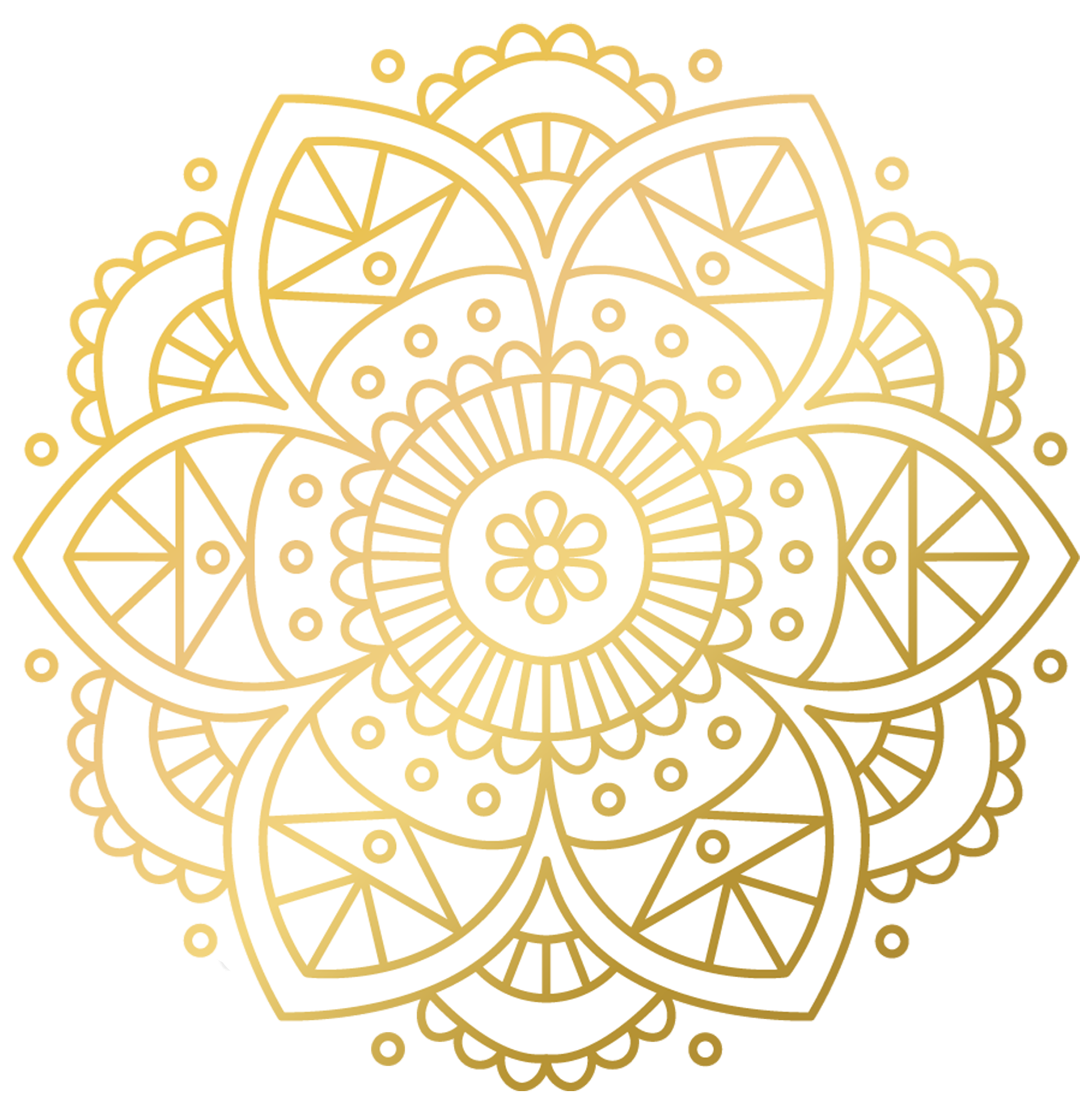


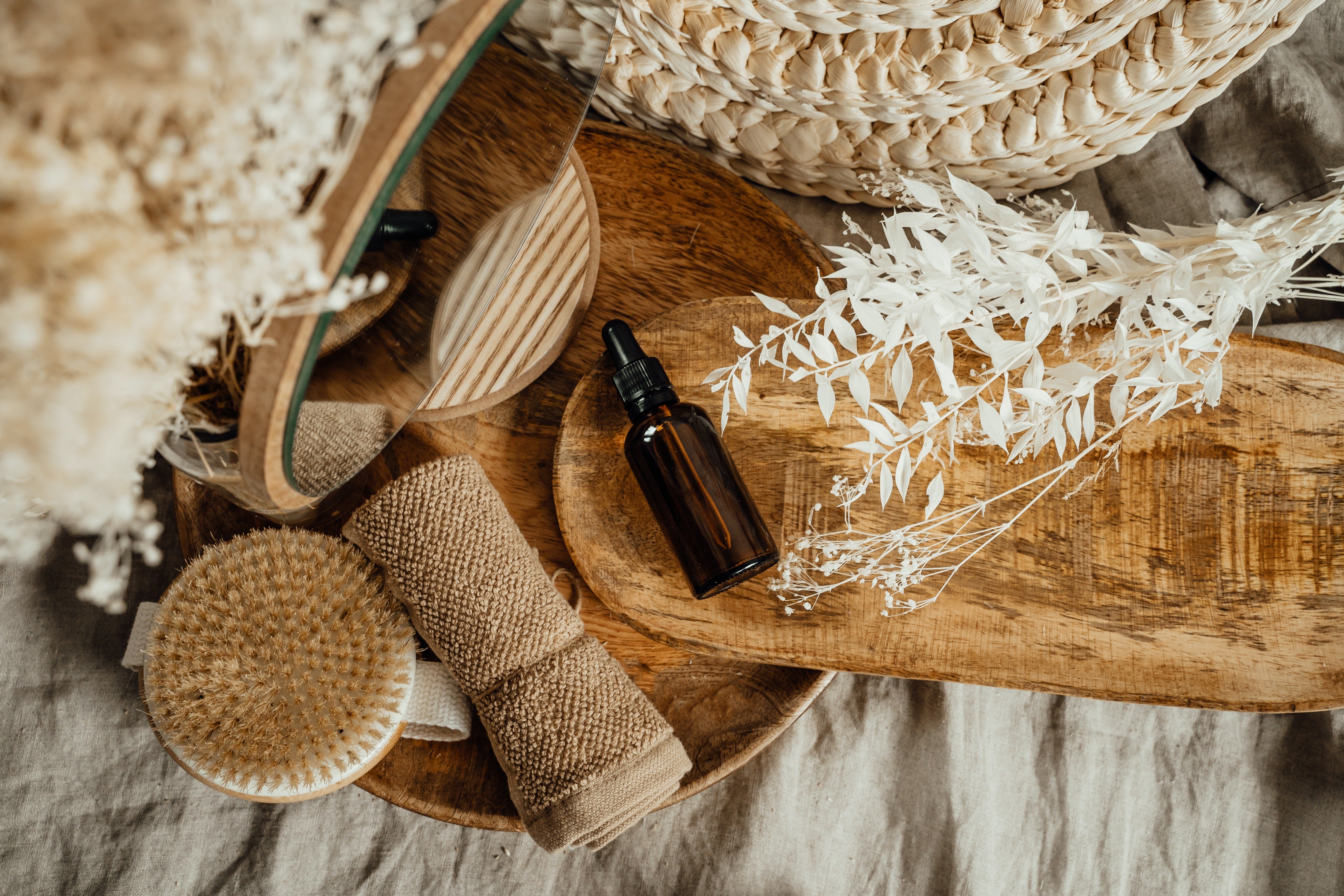

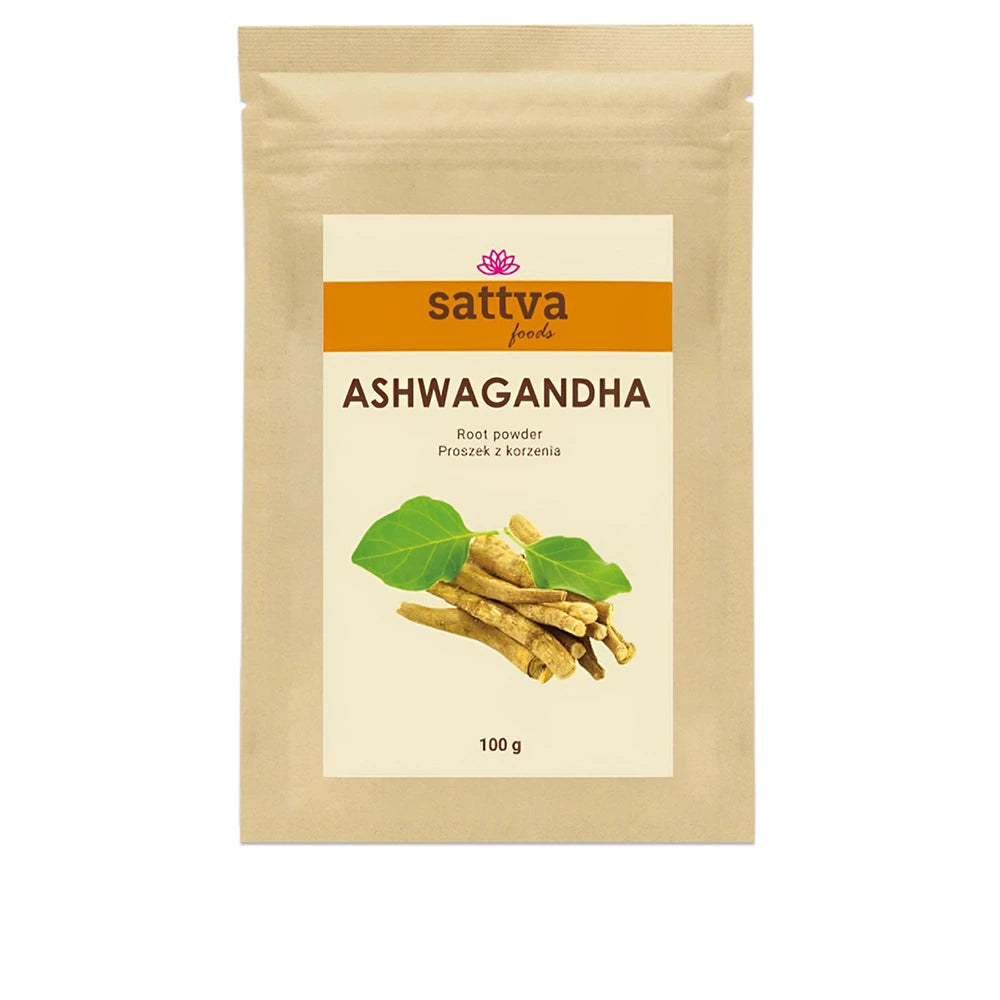
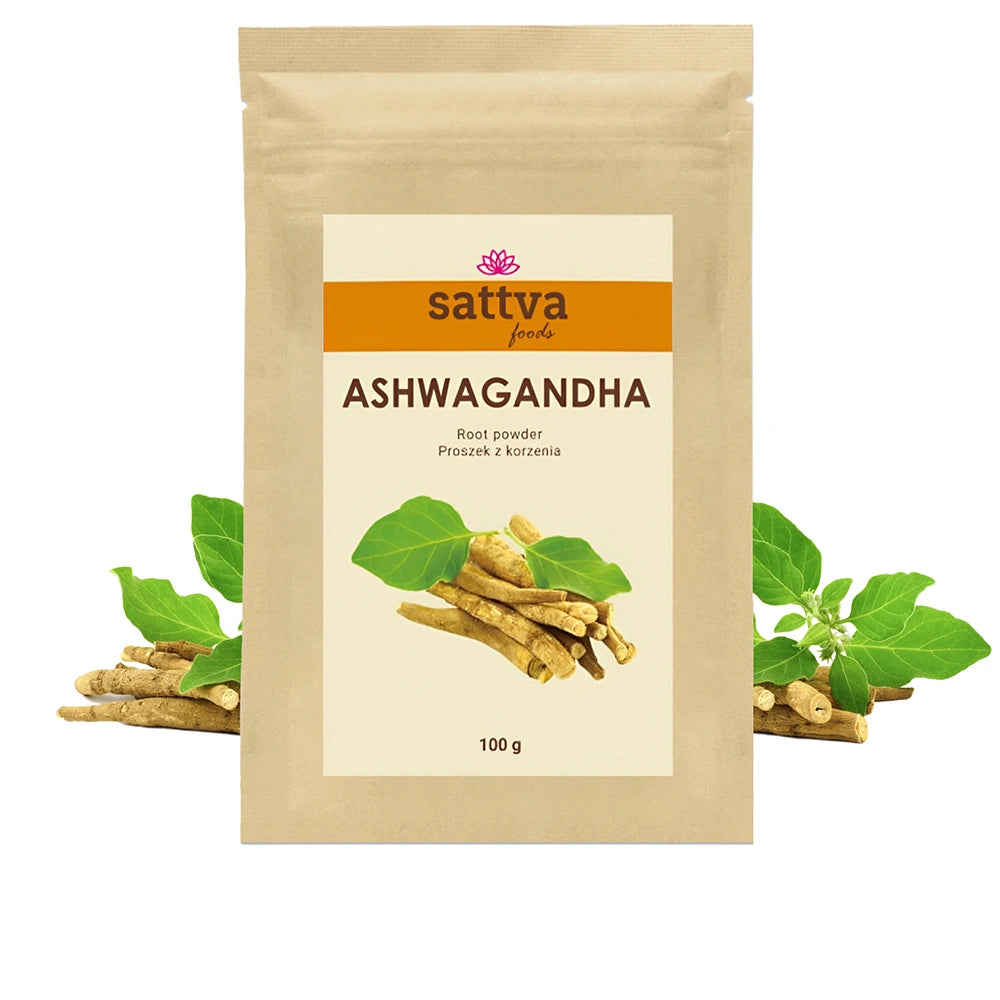
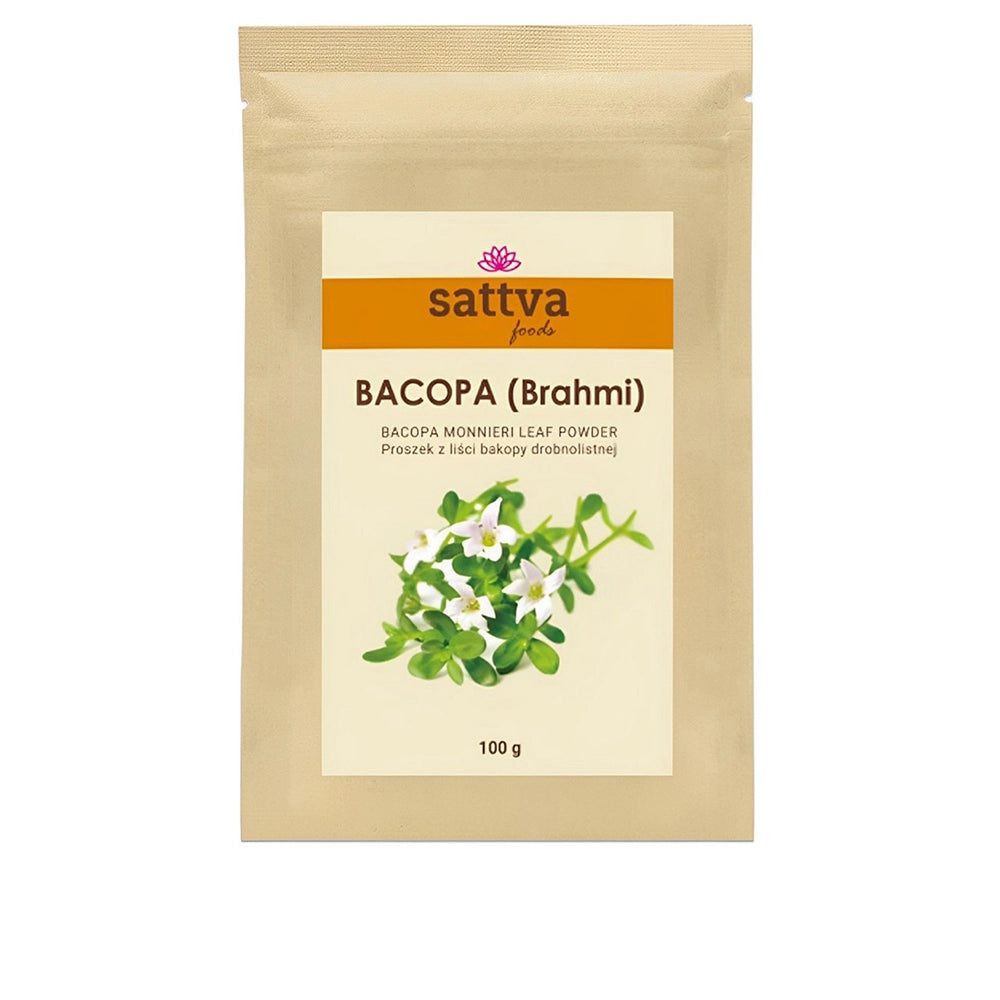
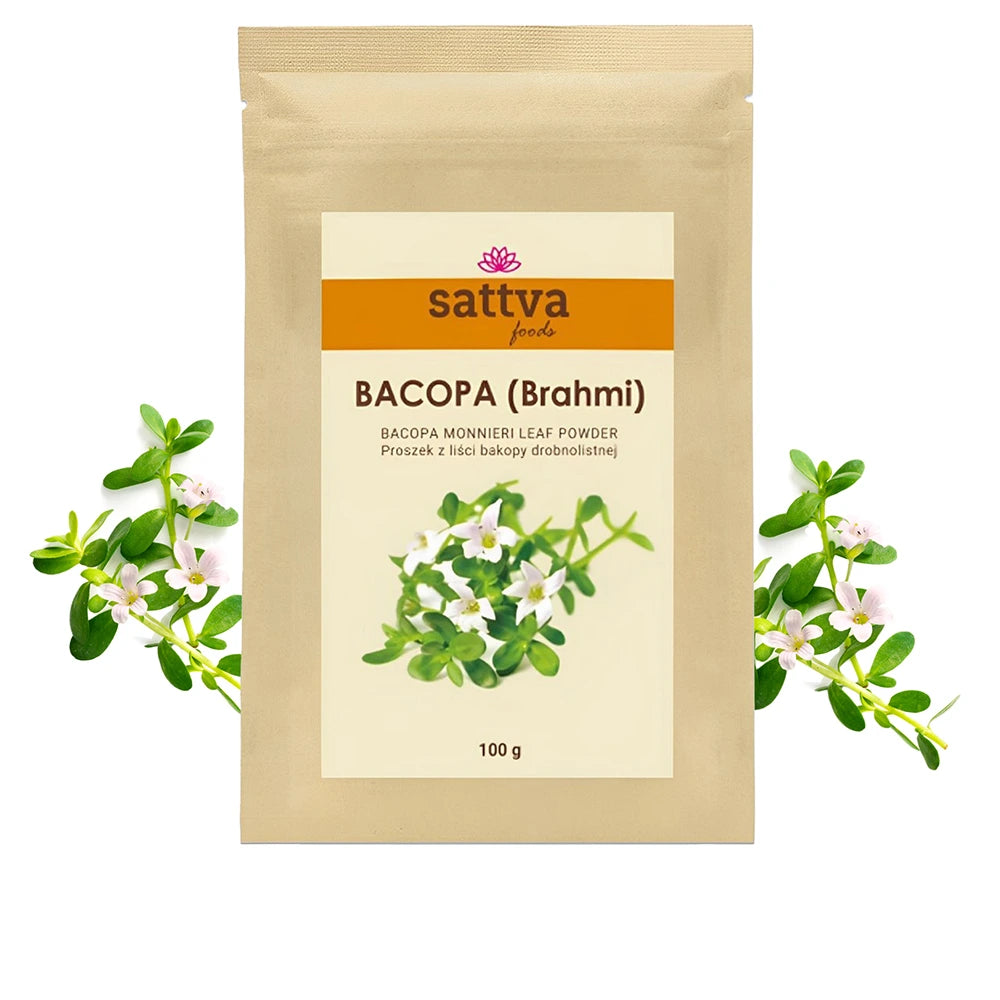
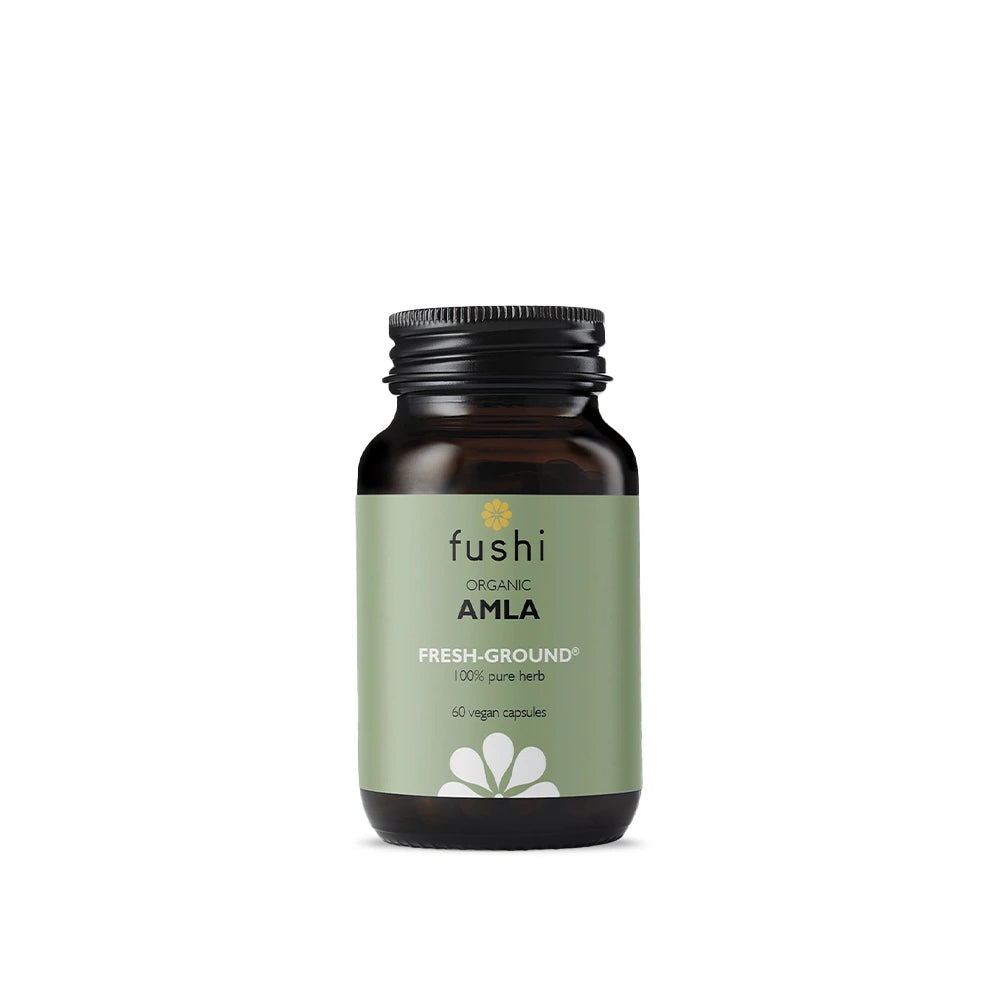
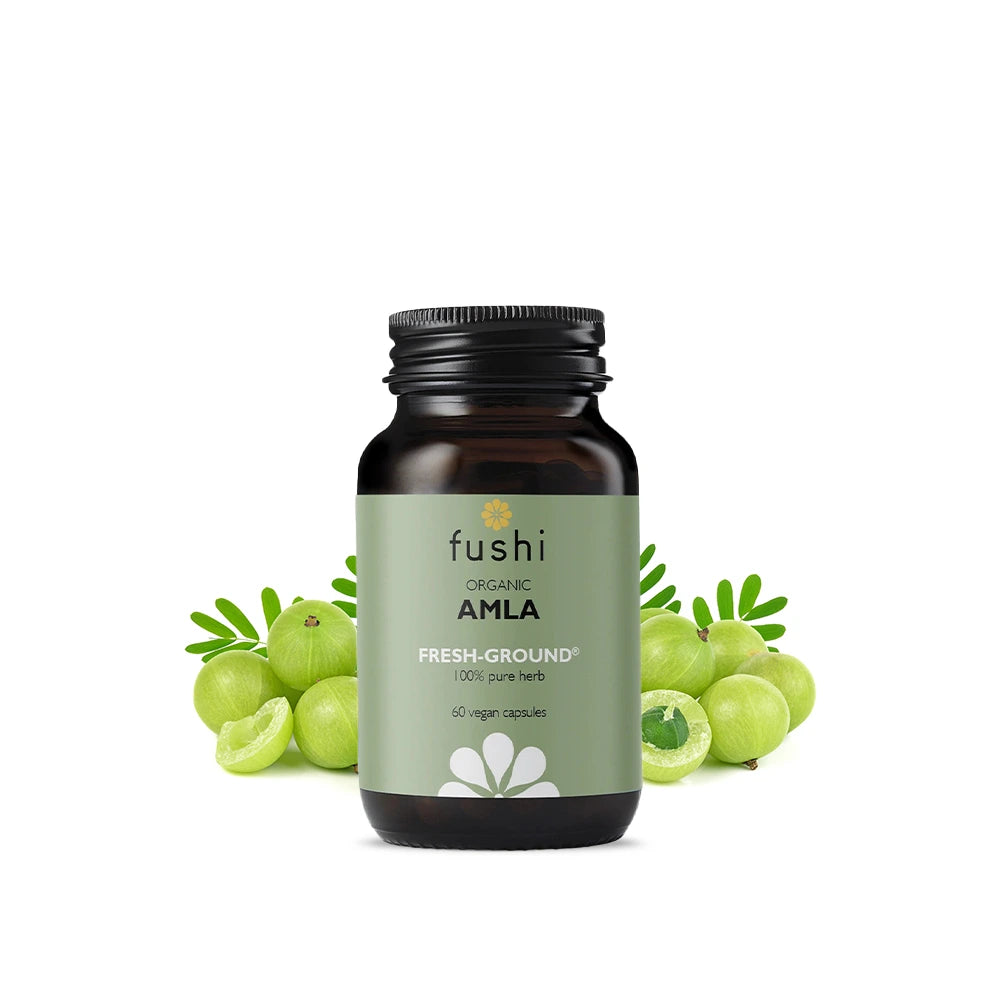
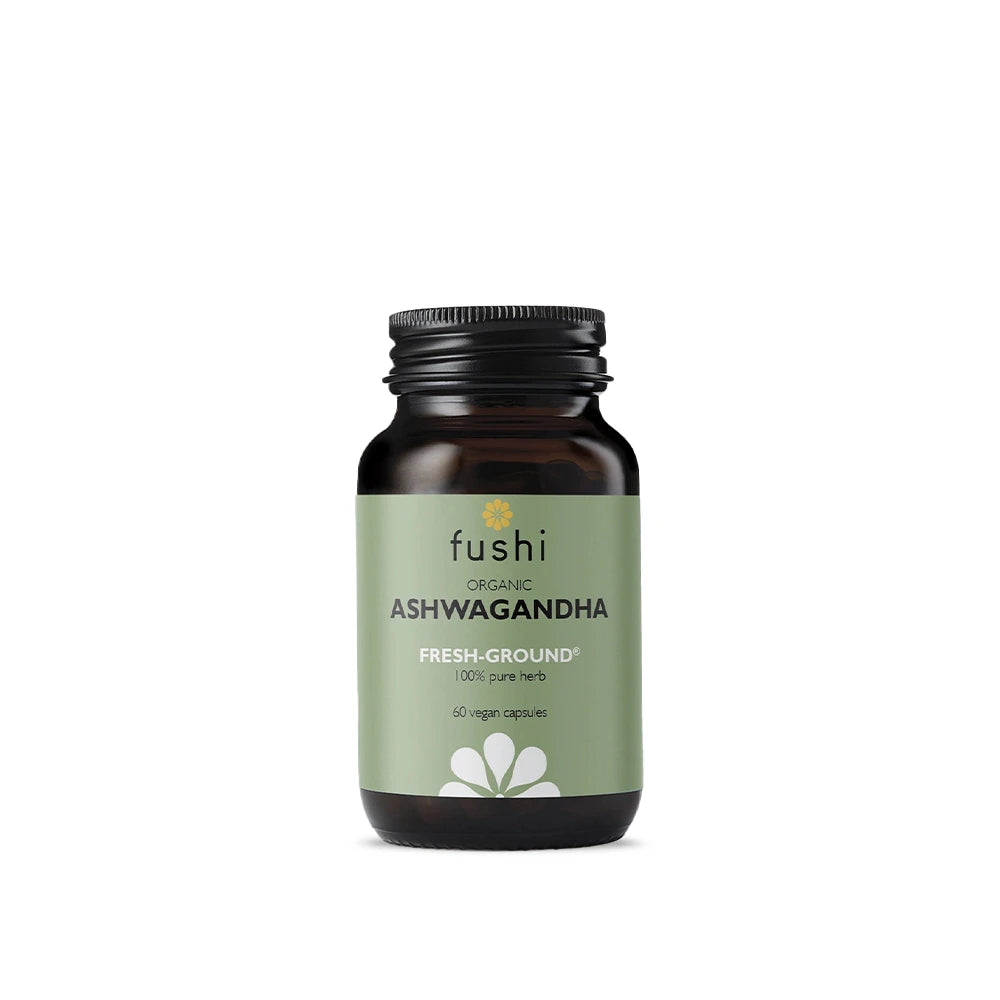
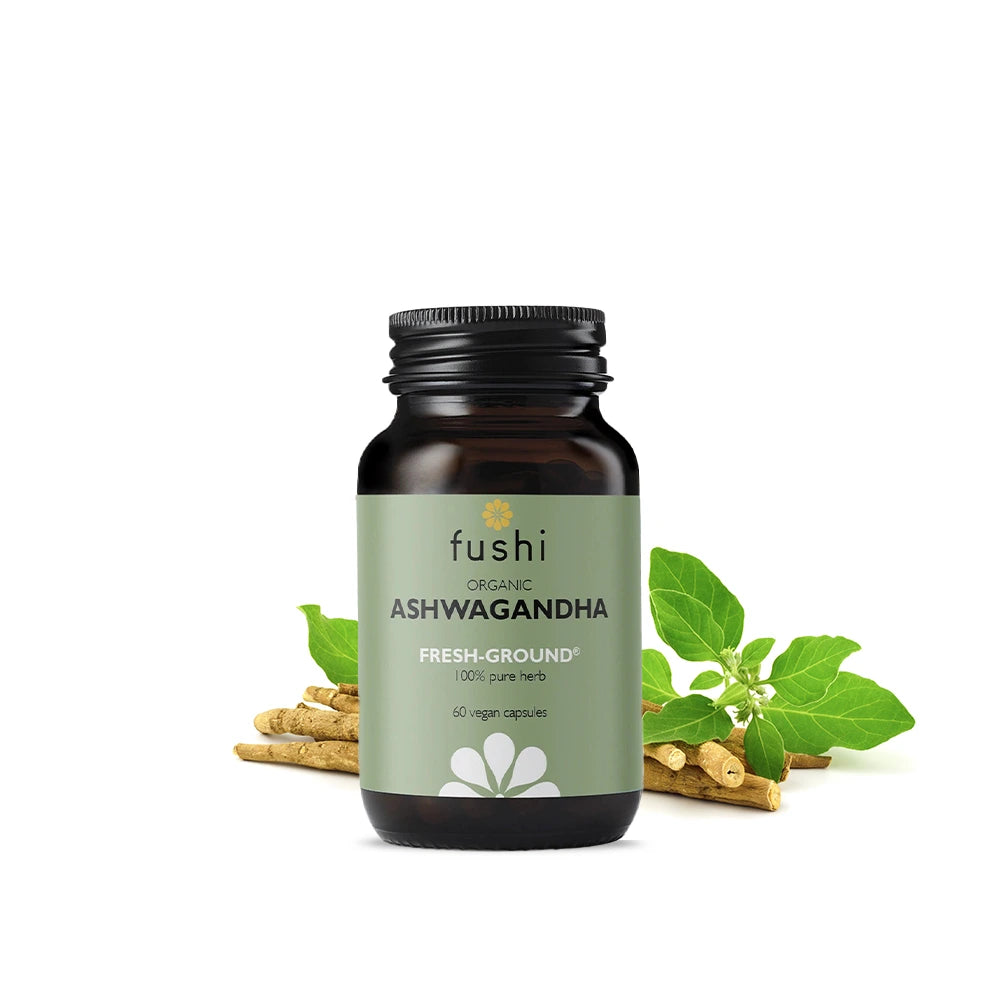
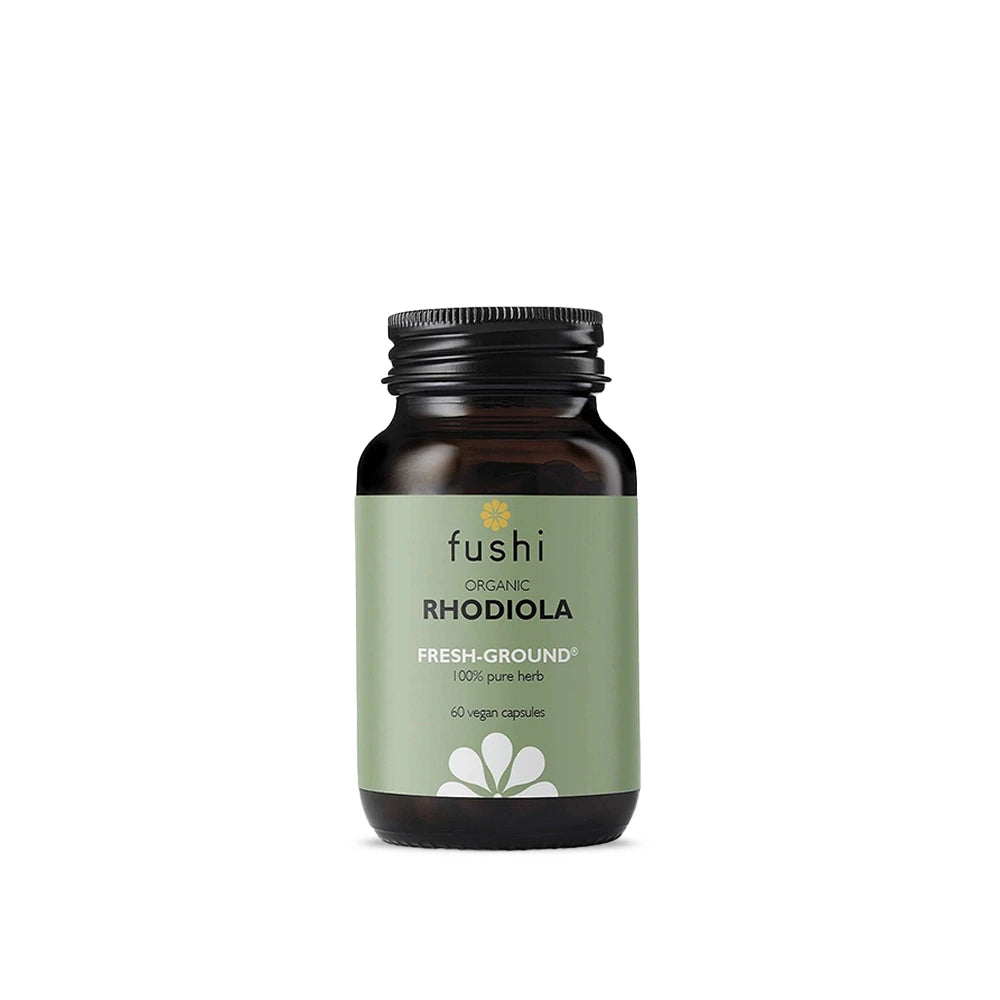
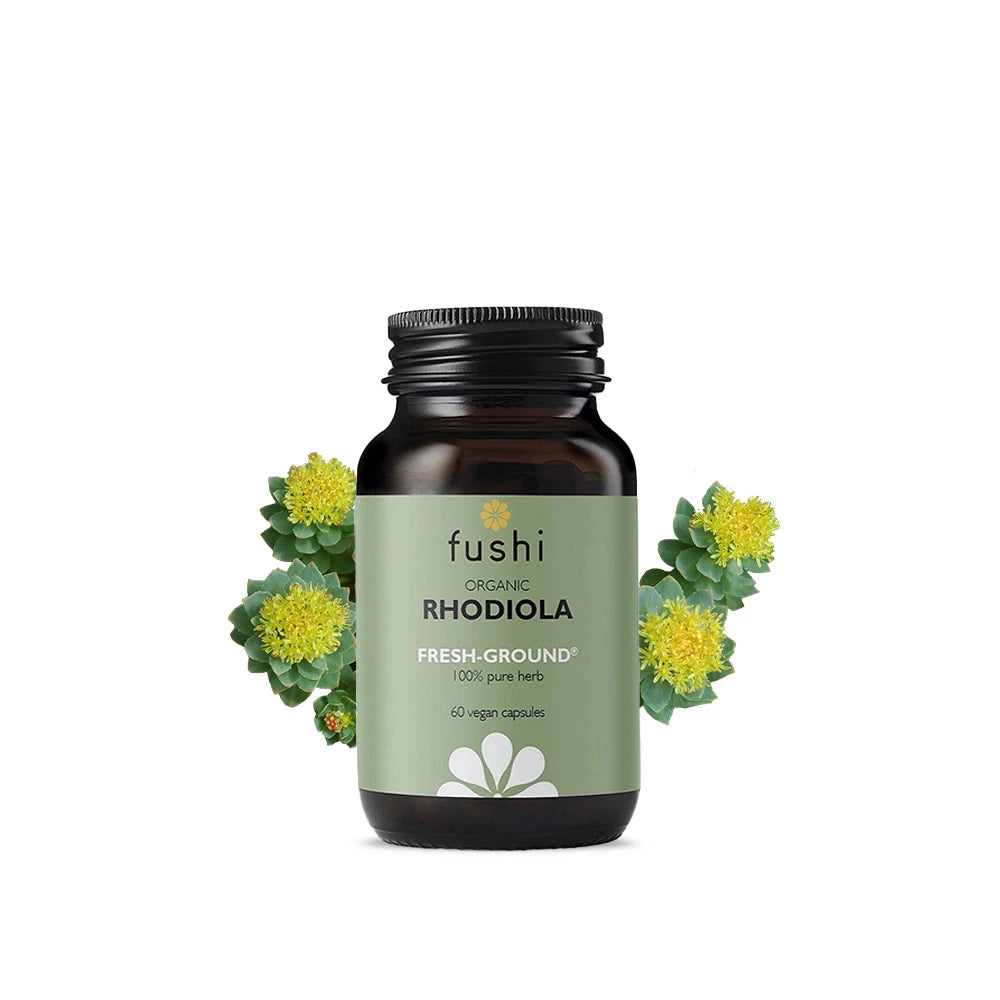
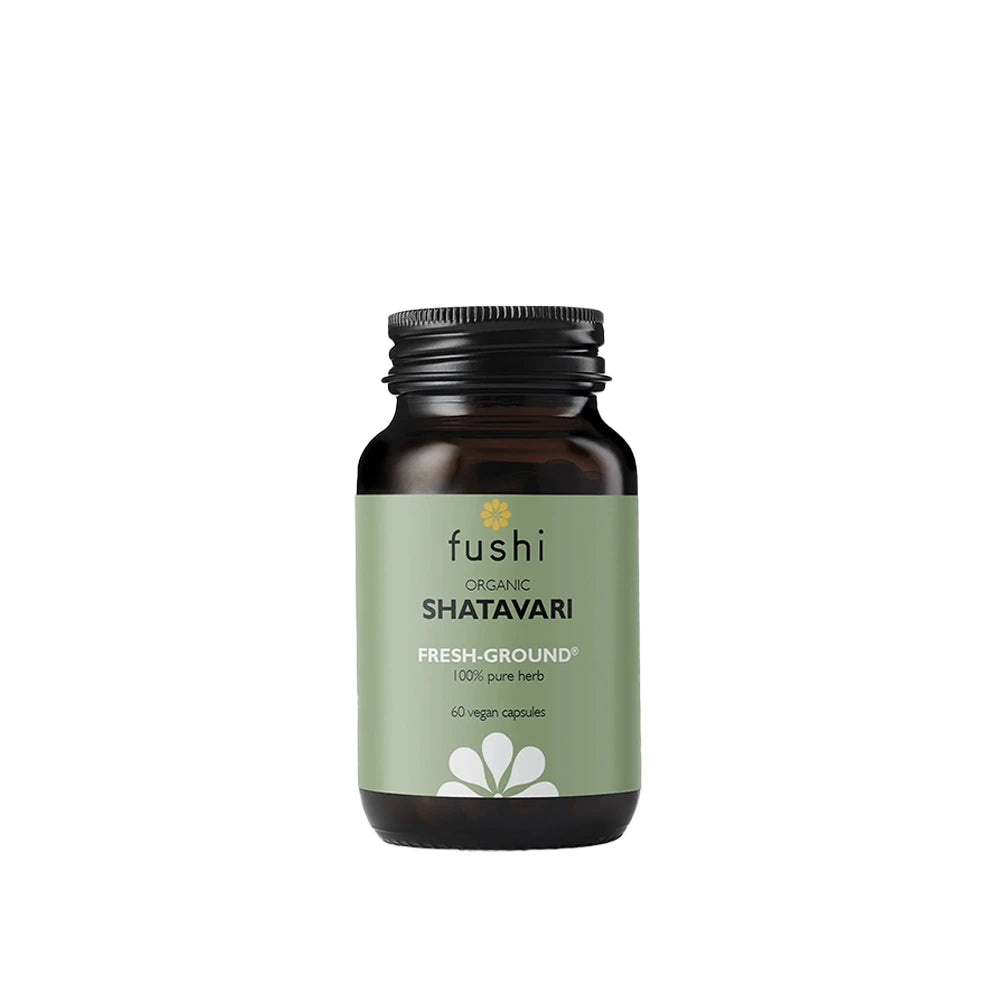
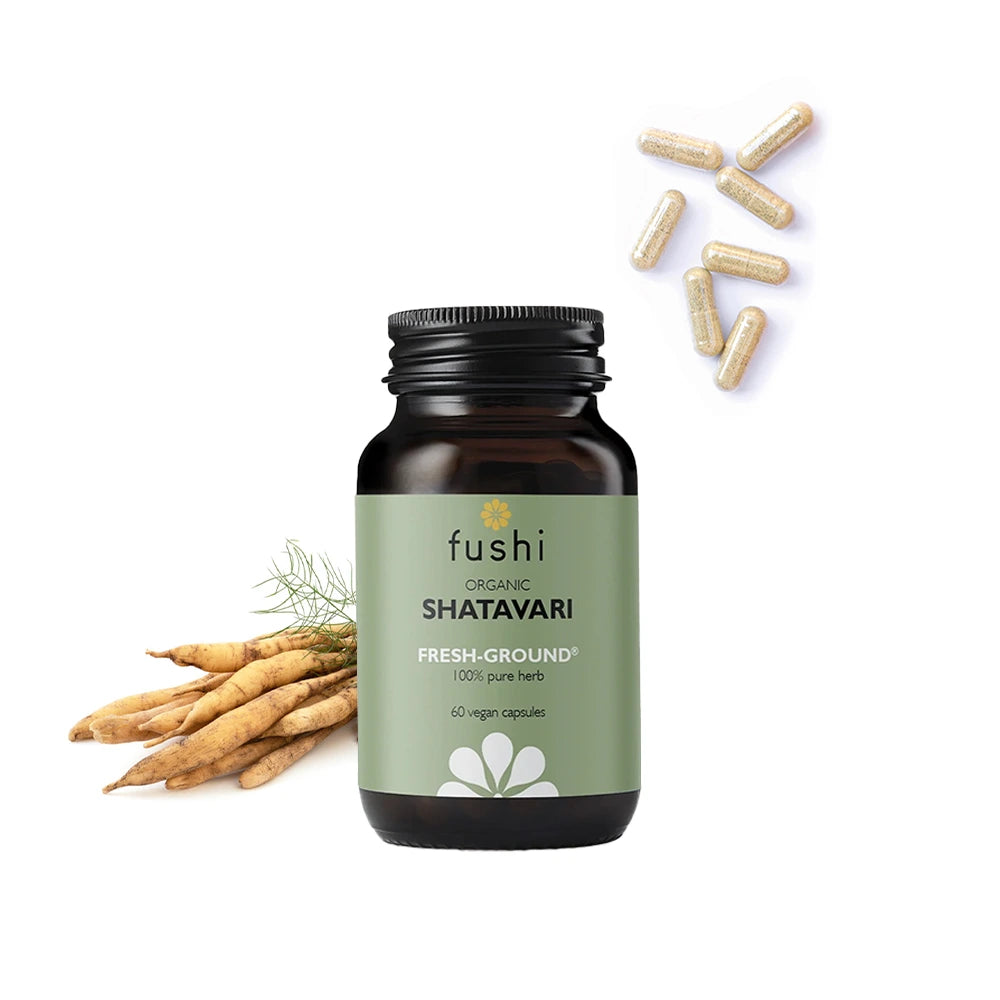
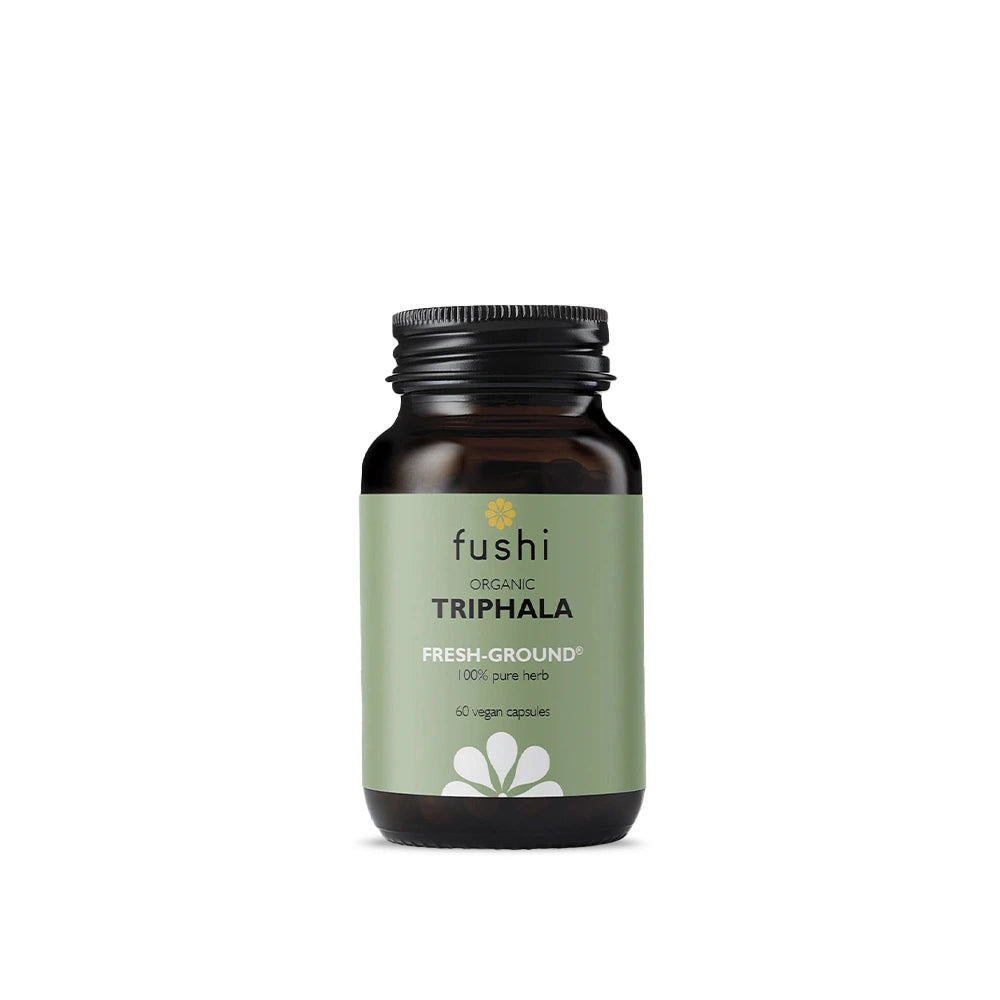
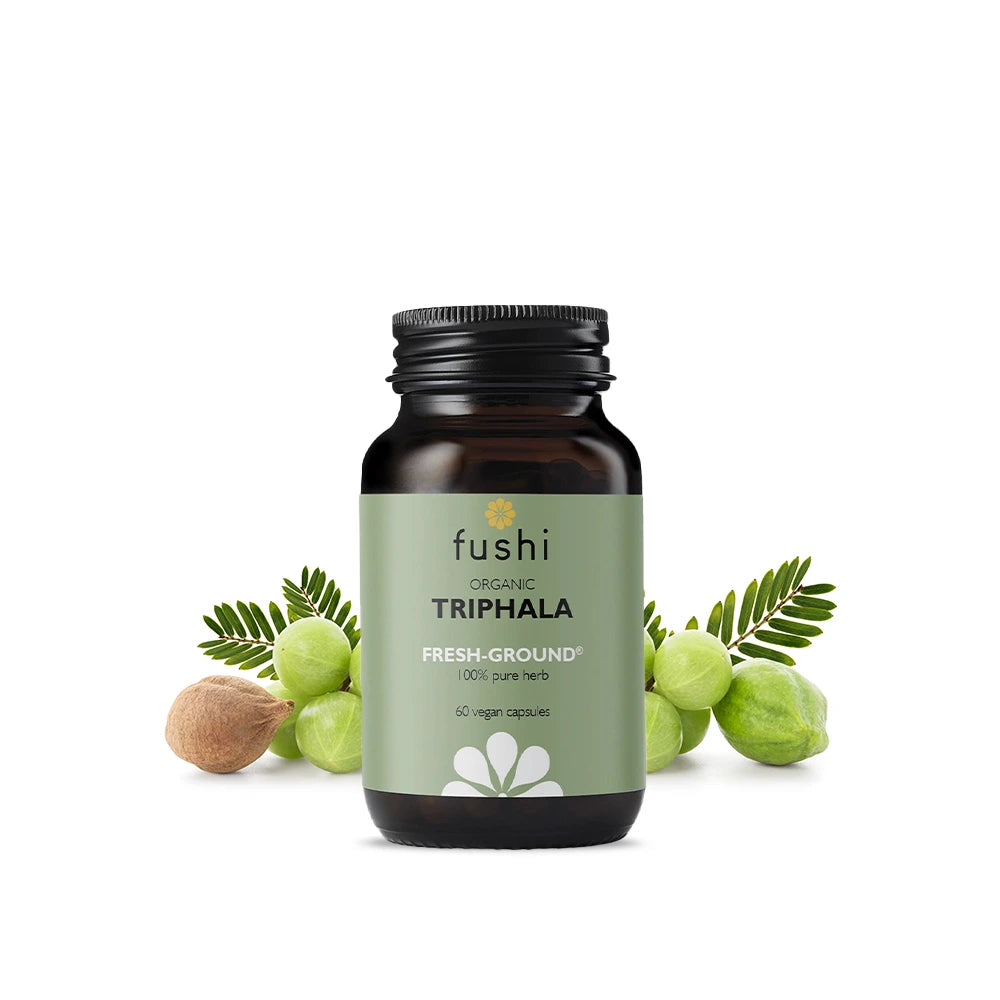
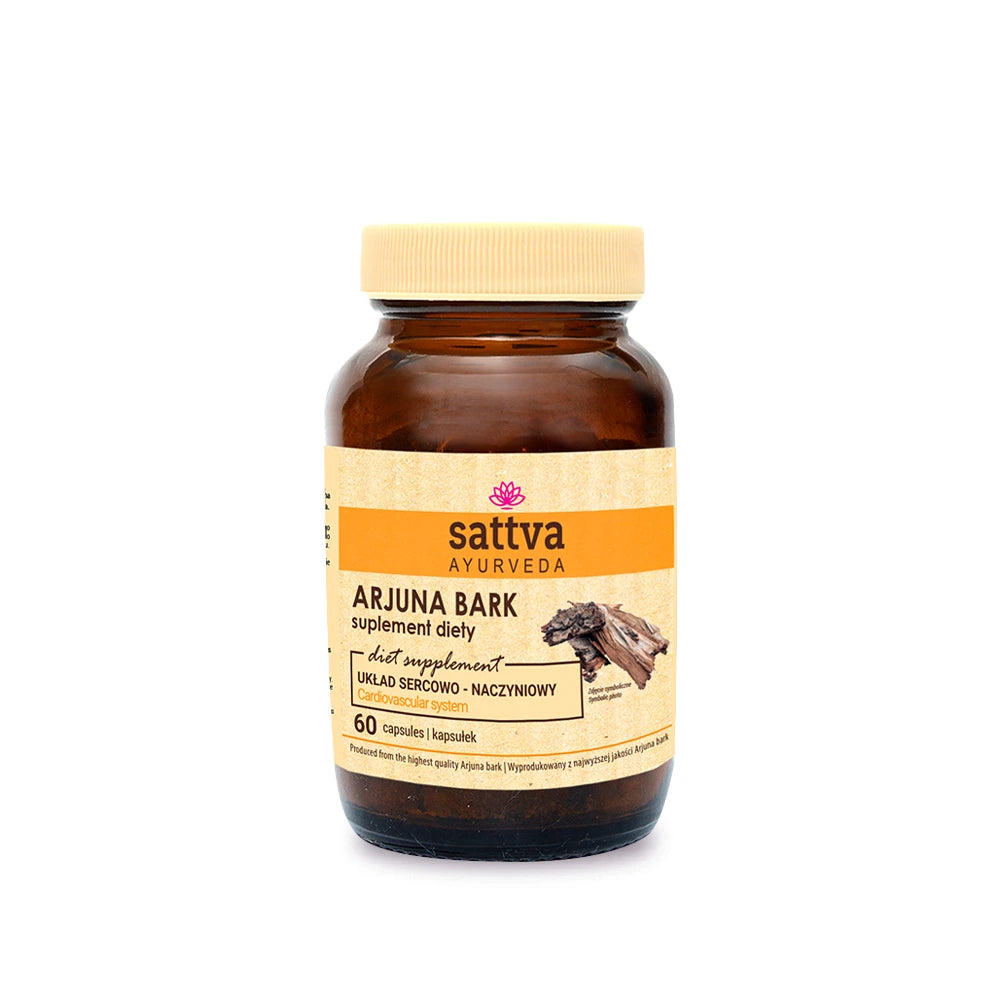
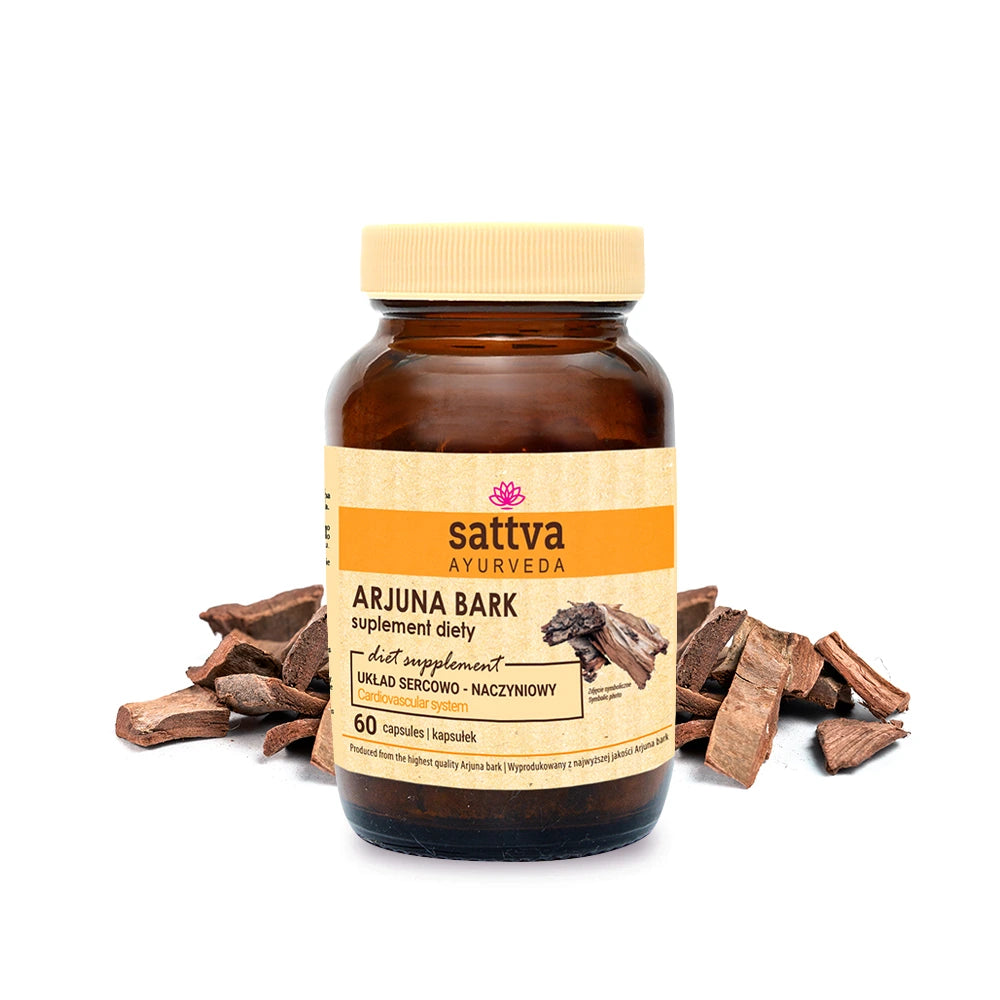
Leave a comment
This site is protected by hCaptcha and the hCaptcha Privacy Policy and Terms of Service apply.